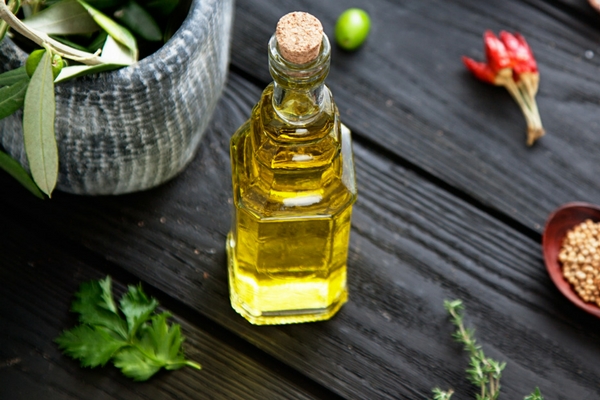Choosing the right dietary fats remains a mystery to many people. I am frequently asked, “Which fats are good and which are bad?” To answer this question, I am sharing an excerpt from Eating for You.
Why are dietary fats important?
Excerpt from Eating for You
“Dietary fats have gained media attention for decades concerning their links with blood cholesterol levels, heart disease and overweight. Avoiding trans fats from highly processed foods and choosing a balance of the others is recommended for optimal health.
Balancing dietary fats
| Fats | Food Source | General health comments |
| Saturated | Fatty meat and poultry, processed meats, take away food, pastries, cakes, and confectionary. | Dietary saturated fat raises low-density cholesterol levels (LDL). The general advice for adults is to substitute foods containing high levels of saturated fat with foods that provide good sources of poly and mono unsaturated fats. |
| Trans | Margarines, full fat dairy products. Take away food, pastries, cakes, and confectionary. | Trans fatty acids raise LDL cholesterol and triglycerides. These are artificially formed in some types of margarine by the process of turning liquid oils into a solid. Trans fatty acids are naturally occurring in dairy foods. Limit processed foods containing trans fats. |
| Monounsaturated | Olive oil, canola oil, avocado. | Help to lower total and LDL cholesterol whilst maintaining high-density cholesterol levels (HDL). |
| Polyunsaturated
Omega 6 Omega 3 |
Sunflower oil
Flaxseed oil Fatty fish e.g. salmon, sardines |
Help to lower total and LDL cholesterol whilst maintaining HDL. |
| Cholesterol | Eggs | The cholesterol found in foods is not usually linked to high blood cholesterol levels. Cholesterol has an important role in many cells of the body, including the structure of nerves. |
| Plant sterols | Added to margarines and salad dressings. | Plant sterols are added to foods to assist in the lowering of LDL cholesterol, however these also bind beta-carotene (pre-vitamin A), which could lead to deficiencies. It is preferable to lower your cholesterol through naturally occurring foods, exercise and the maintenance of a healthy body weight. |
Reliance on a diet that is based on highly processed foods and take away meals makes balancing your dietary fat intake a challenge. Sam was a shift worker and found that it wasn’t always possible to access healthier alternatives at the work cafeteria. He discovered that he mostly ate fried foods at work and very little vegetable or fruit. Sam’s goal was to lower his cholesterol and body weight.
Reliance on a diet that is based on highly processed foods and take away meals makes balancing your dietary fat intake a challenge.
Sam adopted two approaches to improve his choice of food. Firstly he spoke with the cafeteria manager about including at least one healthier choice for meals and snacks. Secondly he started shopping with a planned list for healthier foods including fruit and vegetables. Sam was able to make the necessary dietary changes to achieve his goal. He identified his problem areas and what was required to improve his access to healthier food.”
Coconut Oil
I am often asked about coconut oil as it has featured in many popular fad ‘diets’ in recent years. Coconut oil contains 92% saturated fat. Like other saturated fats e.g. butter it is solid at room temperature. Current research shows that coconut oil increases both your HDL and LDL cholesterol. A higher LDL cholesterol level could increase your risk of heart disease. If you like a coconut flavour in your food, use coconut oil very occasionally, not as your usual cooking oil. I prefer using coconut milk or cream as this is the traditional use of coconut in cooking. Island communities did not cook with coconut oil.
We need to consider the overall nutritional quality of our food when selecting foods that are high in dietary fats. The type of fat in our food, alone, cannot be blamed for ill-health. Basing our meals and snacks on whole foods makes it easier to achieve nutritional balance and good health. You may like to read my post on nuts, seeds and oils too. In the next part of my dietary fat series I will be sharing tips on how to identify dietary fats in packaged foods.
Eating for You offers a range of tips for healthy eating and living. You may use the book and complimentary workbook as your own health and wellbeing program, or refer to it to answer nutrition and health questions such as this one. You can purchase your copy of Eating for You online.
